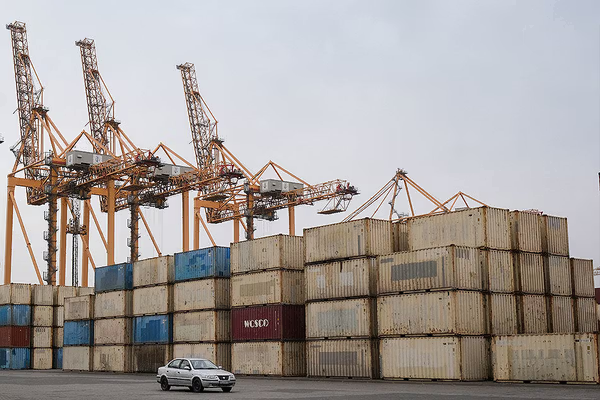
Iranian trade cratered during Israel conflict, data shows
New data shows Iran’s foreign trade took a sharp hit during last month’s 12-day war with Israel, despite officials’ claims that it remained stable.

New data shows Iran’s foreign trade took a sharp hit during last month’s 12-day war with Israel, despite officials’ claims that it remained stable.
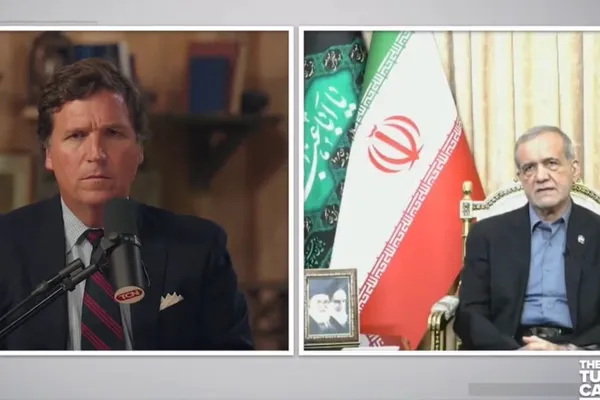
Tucker Carlson's interview with Iran’s president Masoud Pezeshkian was all Tehran could wish for, experts told Iran International: a global stage, no pushback, and a direct line to Donald Trump’s base.
The war has paused, but the collapse has not. Shaken by defeat in the streets, across the region, and from the skies, the Islamic Republic now stands weakened and exposed. The pillars that once held it up, ideology, reach, and fear, are cracking.
President Donald Trump's surprise remark—that China can now buy Iranian oil—made immediate headlines, but also raised a few eyebrows and fresh questions.

The Islamic Republic will not return to what it was before the Israeli and American airstrikes, but what comes next is uncertain, experts tell Iran International.

Ten days of Israeli attacks and a heavy US bombardment, has dealt the Islamic Republic its greatest challenge in its nearly 50-year history. Washington and Tel Aviv openly hint at assassinating Supreme Leader Ali Khamenei.

The question of succession has taken on new urgency in Tehran since Israeli missile strikes began and the Supreme Leader Ali Khamenei reportedly moved to a secure location as he was threatened by Israeli leaders and President Trump.

Israel has targeted Iran’s energy infrastructure in a major escalation that could unleash deep suffering for millions facing fuel and gas shortages.

Israel’s strikes on Iran recall the surprise attack on Egypt in 1967, but in aim and execution they more closely resemble the recent campaigns against Hamas and Hezbollah that targeted leadership and capabilities to force strategic paralysis.

Democratic lawmakers on the sidelines of the Trump administration's high-stakes nuclear talks with Iran largely hope for their success but lament being cut out of a process playing out behind closed doors.

Since the US exited from the 2015 nuclear deal, Tehran has neither raced toward a bomb nor returned to full compliance, maintaining a state of strategic suspension that might best be described as rule at the threshold.
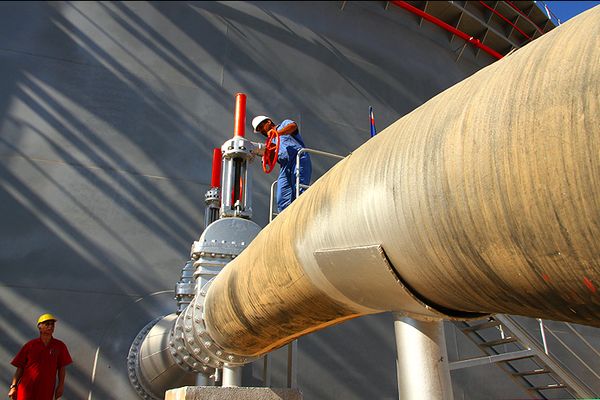
Iran’s ambition to serve as a regional energy hub is faltering, with key neighbors losing confidence in Tehran’s ability to fulfil its commitments and shifting to alternative suppliers.

The Islamic Republic has entered a new phase of security governance—one where control is no longer maintained solely through arrests and bullets, but through data analysis, surveillance, and information engineering.

While suffering from severe gas shortages, Iran wastes a staggering volume of natural gas during production and transmission—equal to Spain’s annual consumption or about half of what Turkey or Italy use each year.
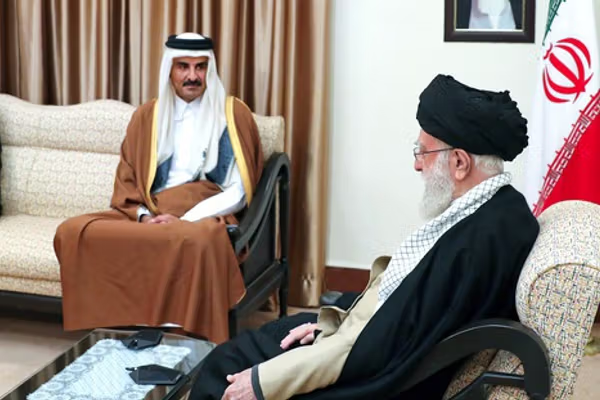
Qatar's diplomatic prowess was lavished with praise by US President Donald Trump on his visit this week, suggesting the maverick mediator state may be set for more involvement on one of the region's trickiest dossiers: Iran.

Iran is facing one of its bleakest economic outlooks in years, data published by the International Monetary Fund (IMF) suggests, with inflation surging, fiscal deficit growing and nominal economy shrinking—all indicators of potential long-term instability.

On his tour of Iran’s Arab neighbors, US president Donald Trump lashed out at Tehran while hinting a deal was close—warning and wooing at once, and raising as many questions as he answered about the prospects of his transactional diplomacy.
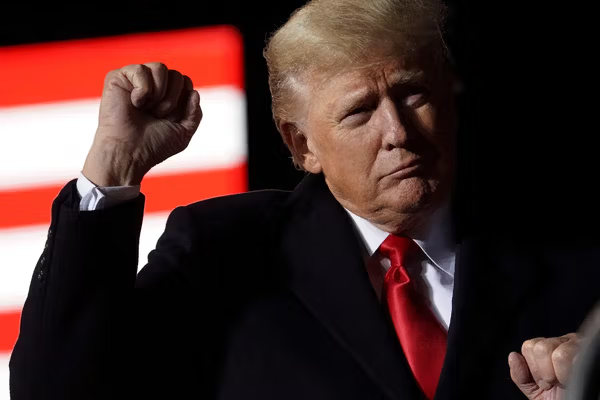
The fourth round of indirect negotiations between Tehran and Washington ended without a breakthrough but preserved a fragile diplomatic opening on the eve of President Donald Trump’s visit to Iran’s Arab neighbors.

A gas deal inked last month between Moscow and Tehran to transfer vast Russian volumes by pipeline via Azerbaijan faces the same logistical and financial obstacles that have sunk decades of energy deals between them before.
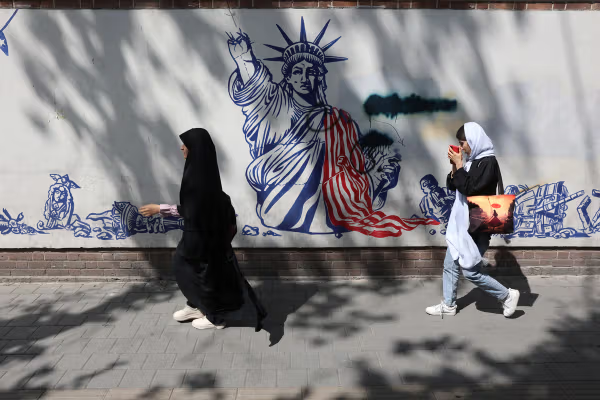
Tehran and Washington are set for another round of talks this weekend, but early optimism has dampened amid deep mistrust and mutual threats of attack, making any deal unlikely to lead to a lasting peace.

The devastating port blast on Iran’s southern coast has prompted comparisons to the Chernobyl disaster, with some Iranian thinkers seeing echoes of the Soviet Union’s final days in their own country’s unraveling.

President Masoud Pezeshkian's government has yet to mount a defense to parliamentary motions aiming to impeach two of his ministers following the port blast that killed scores and injured more than a thousand people.